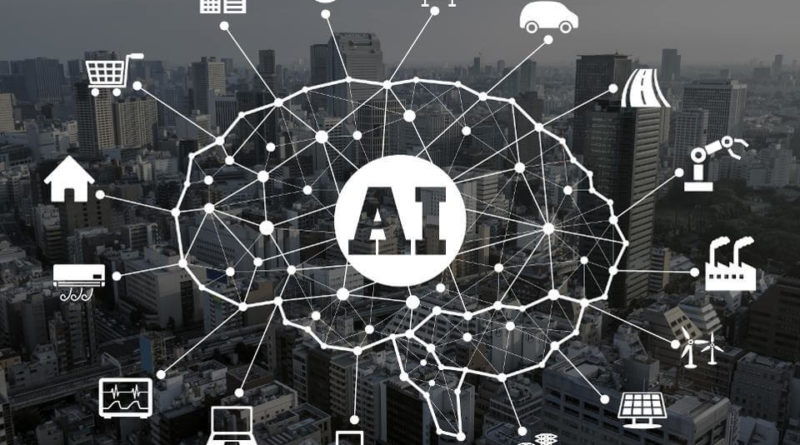AI and Tech: Helping to ease procurement spending
In the world of competitive business, every penny counts, something here at FJP Investment we are all too familiar with. This is more relevant now than ever, particularly in the world of procurement and supply chain. These areas are now expected to not just reduce costs for a company but also fund future business growth.
Procurement leaders must make a concerted effort to increase savings without sacrificing company performance or delivery risks, whilst supply chain leaders need to manage costs but all the while whilst ensuring responsiveness through the multi-tier supply chain.
Whilst cost management is an obvious priority here, this is mostly easier said than done. With total spend apparent across the whole company, from individuals to larger groups, the size of the company can also make this difficult to manage, particularly if you consider global spend.
There is also a lack of data across spend data through the company, making procurement workflows challenging, manual and disjointed. Building and maintaining supplier networks to a good standard is a difficult task.
Adopting digital technology
Whilst the consensus is that AI and technology will help to optimise spending, the current adoption of digital technology has been a bit of a mixed bag.
According to a recent survey by the University of Mannheim, the vast majority (83.9%) of Chief Procurement Officers (CPOs) consider digital technologies essential to improving company procurement performance.
Contrastingly however, only 65% of these respondents are using cloud solutions, with a mere 15% leveraging emerging technologies such as blockchain and predictive analysis. Clearly then although those in the field of work know there will be benefits, there is resistance in taking the plunge. Whatever the case here, the benefits to introducing AI and technology are clear.
How AI and future technology can help
There are many benefits to using forward thinking technologies and AI to aid in both the procurement and supply chain process, the first of which being automation.
The relatively simple step of putting procurement workflows into Cloud solutions can dramatically reduce costs and cycle times for the company. Some major companies around the world are introducing a Procurement Cloud solution, with Deloitte saving an estimated $10 million per year going forward with a Cloud solution.
Layering your digital process with intelligent technology can allow the company to reach the ‘next level’ of productivity and efficiency. By utilizing analytics and machine learning to gauge firm wide spending across a number of pre-defined categories and suppliers, this will greatly ease the process of identifying outflow, saving the company a large percentage of their total spend.
Companies are now adopting the accounting and inventory software, an automated invoice matching and payment process with a view of cutting costs in accounting. In addition, companies are using blockchain to enhance transparency and trust through supply chains. This is particularly important for modern companies selling products not just from a financial point of view, but from a marketing perspective also.
AI and digital technology can also enhance the customer experience when dealing with your company whilst also increasing efficiency and productivity. Companies are adopting enhanced supplier relationships and collaboration through handling e-invoices automatically, hands free. This makes procurement for both parties easier, saving the company time and money.
As a whole, companies that are implementing these practices have realised an average saving of 5%, with a 65% reduction in non-complaint spend and up to a 50% reduction in procurement operation costs. Companies must ensure that they are investing in best practices to not only save money in the long term but stay relevant in their market through risk of falling short of efficiency when compared to competitors.
What we expect in the future
The change in the procurement and supply chain space has seen significant change in recent years. While organisations continue to find their stride when it comes to spend management, new technological advances are well under way, and will continue to be in the future.
The earlier part of the past decade was dominated by digitalisation on a more basic level, this being sourcing and procuring workflows. As time passed, we began to see intelligent technologies in AI and blockchain deliver the best outcomes we have seen to date, with companies introducing this tech over the past few years.
Looking to the future, procurement is expected to continue to become more autonomous, with the strategic and operational procurement process to function more efficiently than it is now. These processes will function freely with a combination of advanced technologies.
Whichever way the future of procurement heads, organizations can begin to understand the key challenges facing the paying process and how they can save money with modern technologies. Identifying key areas for innovation and focusing on short term wins will be the defining way that companies will focus their future efforts.


